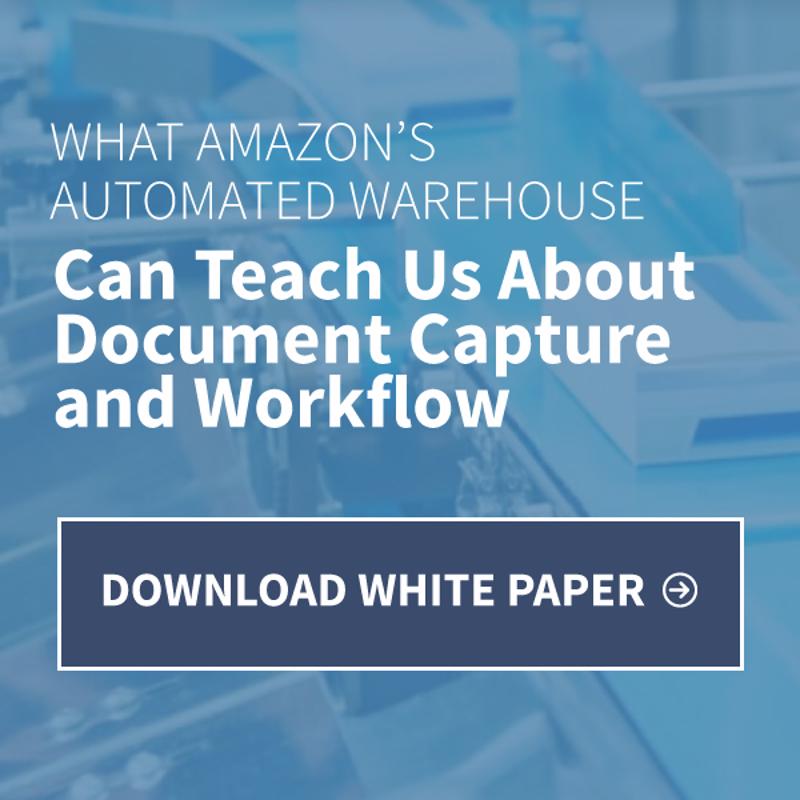
Document management critical for small-business cybersecurity
Many smaller companies these days may be considering the benefits of switching to more paperless processes as a means of saving time and money. That's a good idea on its own, but it comes with an added bonus: Increased security around the data your critical business documents contain.
When you use entirely paper-based physical filing systems, the only thing that stands between your real-world safeguards and a data breach is often not enough to stop someone with bad intent, according to the E-Commerce Times. Locks can be picked or broken, access can be gained and data can be exposed in a matter of minutes. And while there are still risks with digital systems, there are certainly more safeguards in place.
A cautious approach
Depending on the document management system your small business adopts, you might be able to see who accessed a given file and when, what changes may have been made and so on – in addition to simply being able to grant permissions where appropriate, E-Commerce Times said. That, in turn, serves as a strong deterrent to breaches; unless someone misuses a file or somehow gives away a system login, there are numerous added layers of protection for your critical files in place.
A matter of compliance
Meanwhile, companies that are taking these steps may also want to think about the requirements they face at the local, state or federal levels, according to the National Law Review. In New York, for instance, the Stop Hacks and Improve Electronic Data Security (SHIELD) Act will soon go into effect, impacting any company that owns or licenses digital data containing private information, regardless of their size.
While there are some measures to insulate small businesses from some measures, based on things like employee count, assets or revenues, it's nonetheless important for any company to continually evaluate where they stand relative to their legal data protection obligations, the report said.
With all this in mind, the more companies can do to research their document management options to find the most secure platforms that fit their needs, the better off they are likely to be when it comes to both operating more efficiently and protecting all the sensitive information they maintain.

